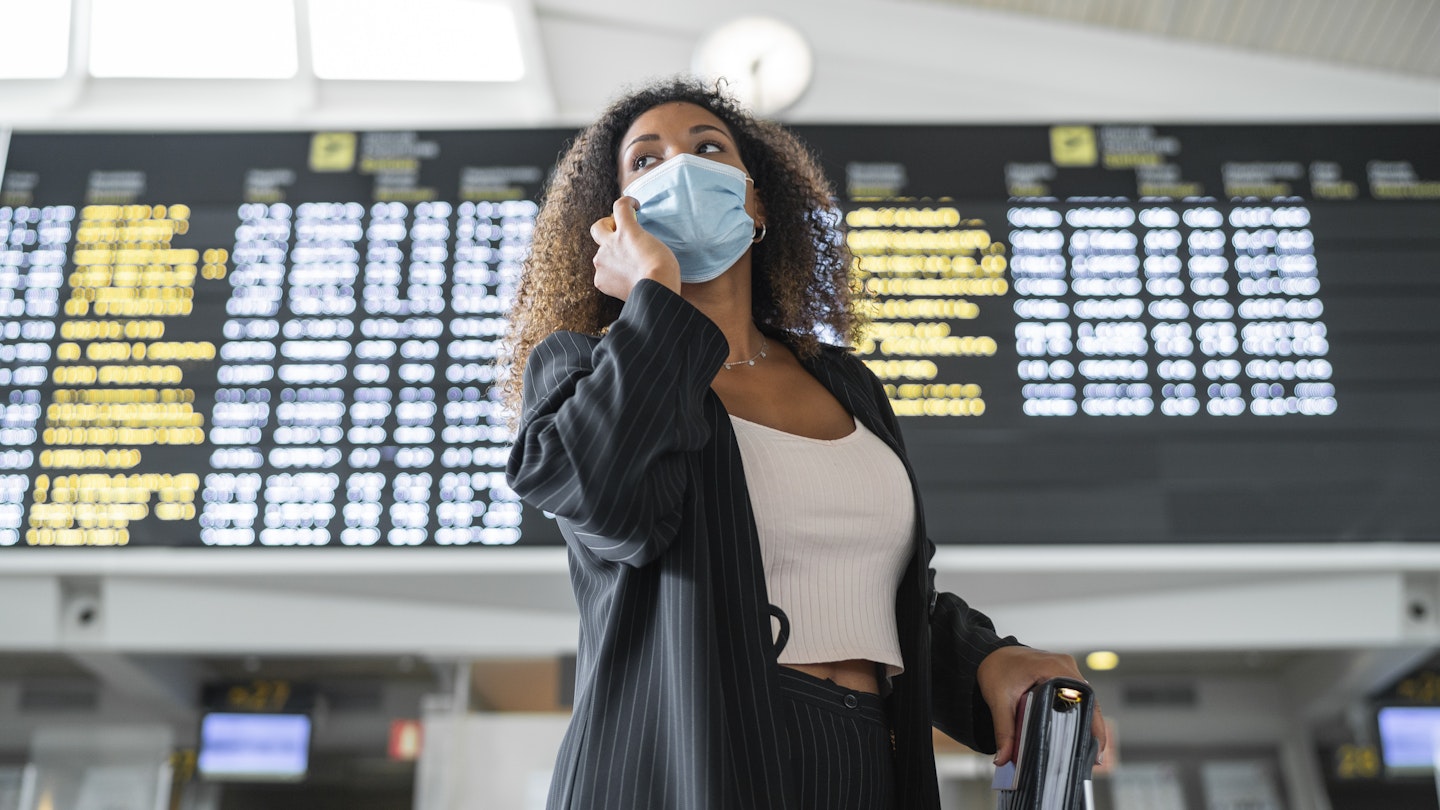Traveling Internationally During COVID: Essential Tips from iBestTravel
As countries around the world grapple with the rapid spread of the Omicron variant of COVID-19, the US Department of State is urging American travelers to prepare for any potential disruptions to their foreign trips by having “contingency plans” in place.
“US citizens who choose to travel internationally should be aware that they may face unexpected challenges related to COVID-19 as they attempt to return to the United States or travel from one overseas location to another,” the Department warned in its latest advisory. “US citizens who opt for international travel should make contingency plans, as they may have to remain in a foreign country longer than originally planned, which will be at their own expense,” it added.
The Department is also recommending travelers take out international travel insurance with coverage for COVID-related trip cancellations and medical benefits to mitigate potential losses.
Why Is a Contingency Plan Important for International Travel?
The request for contingency plans comes as airline carriers cancel thousands of flights due to Omicron-driven staff shortages and winter storms. Around 1,328 flights into and out of the US were canceled, and more than 1,694 flights were delayed by Tuesday afternoon, according to aviation data tracker FlightAware—adding to what has been a disruptive winter holiday travel period. The airline industry has cancelled more than 18,500 flights from Christmas Eve through Monday.

Challenges aren’t limited to flights. US travelers also face additional restrictions when traveling internationally due to enhanced border measures in several countries. Recently, the French government announced that American travelers who have not received the full recommended dose of vaccinations would be required to quarantine for 10 days upon arrival in France. In recent weeks, Italy tightened entry rules for unvaccinated passengers and Thailand extended its quarantine rules for Americans. Meanwhile, the Netherlands remains in lockdown, and Morocco’s borders are closed.
As restrictions are frequently changing worldwide, passengers are urged to regularly check the latest guidelines for their travel destinations to avoid unforeseen issues.
As the demand for testing increases with the spread of Omicron, countries are facing antigen test shortages, which presents another potential complication for international trips. Under current rules from the Centers for Disease Control and Prevention (CDC), all international arrivals are required to present a negative COVID-19 result from a test taken no more than one day prior to boarding their flight. Consequently, travelers should arrange their COVID-19 tests for the return trip home as early as possible to mitigate additional disruptions. Without proof of a negative result, travelers could be denied boarding.
US citizens planning to travel overseas or currently overseas and planning to return to the United States should contact their airline for specific information about testing requirements for travelers. Airlines may adopt and modify their own specific policies to implement the CDC’s testing rule.




